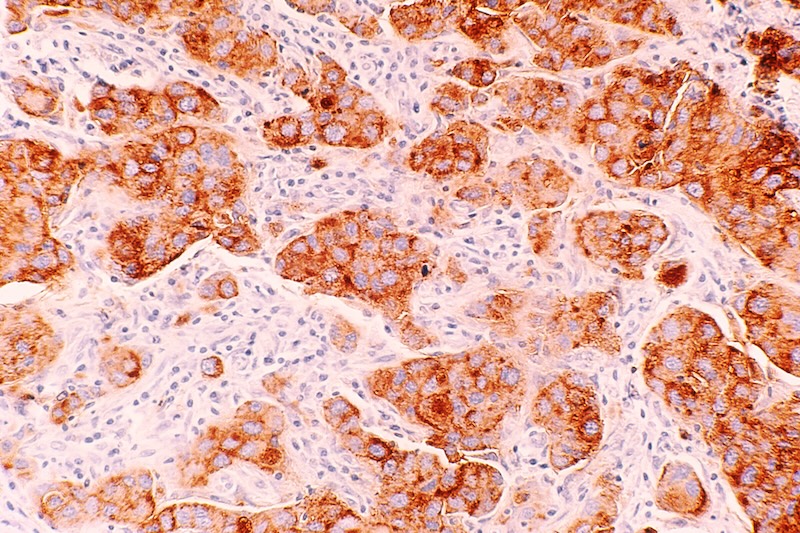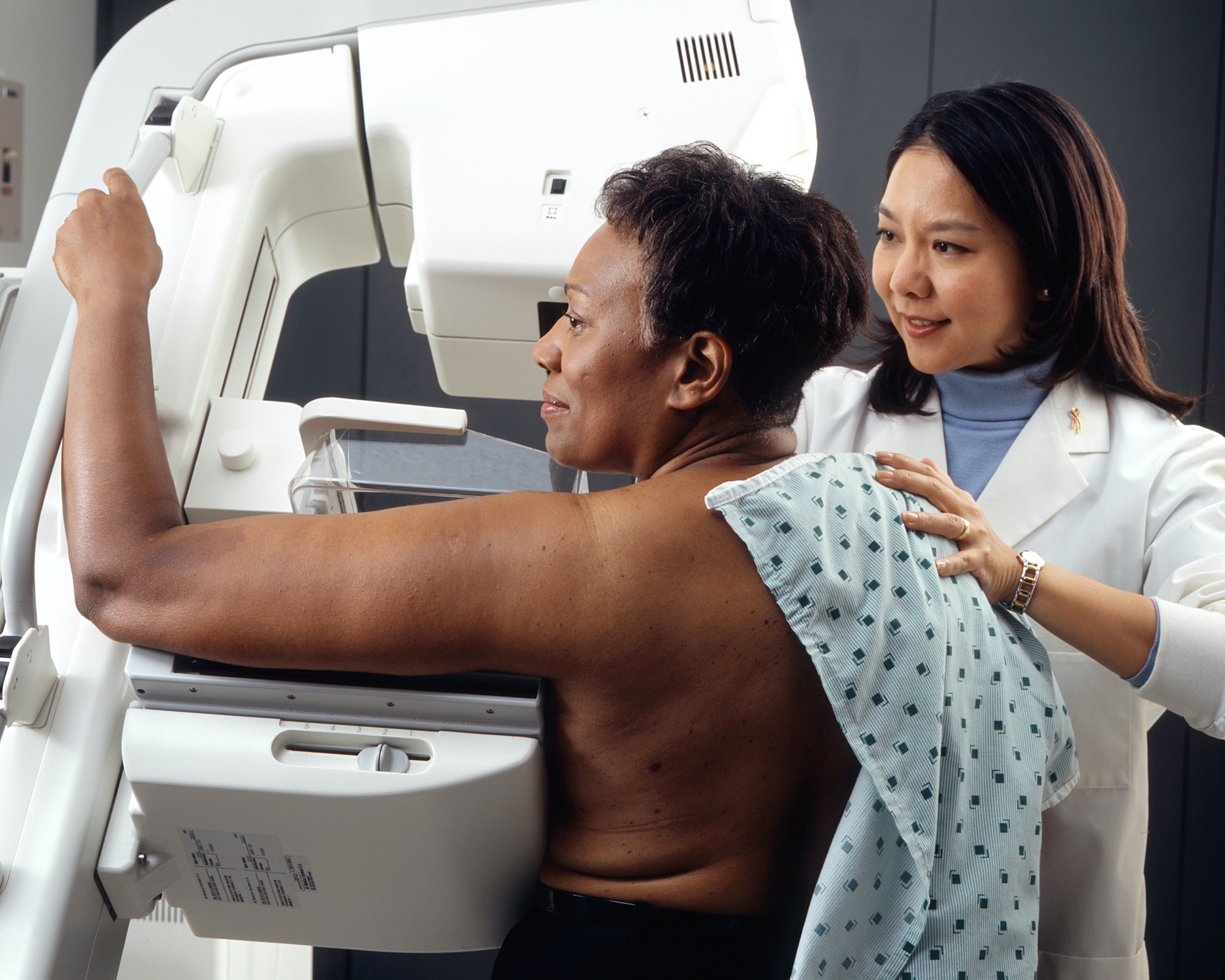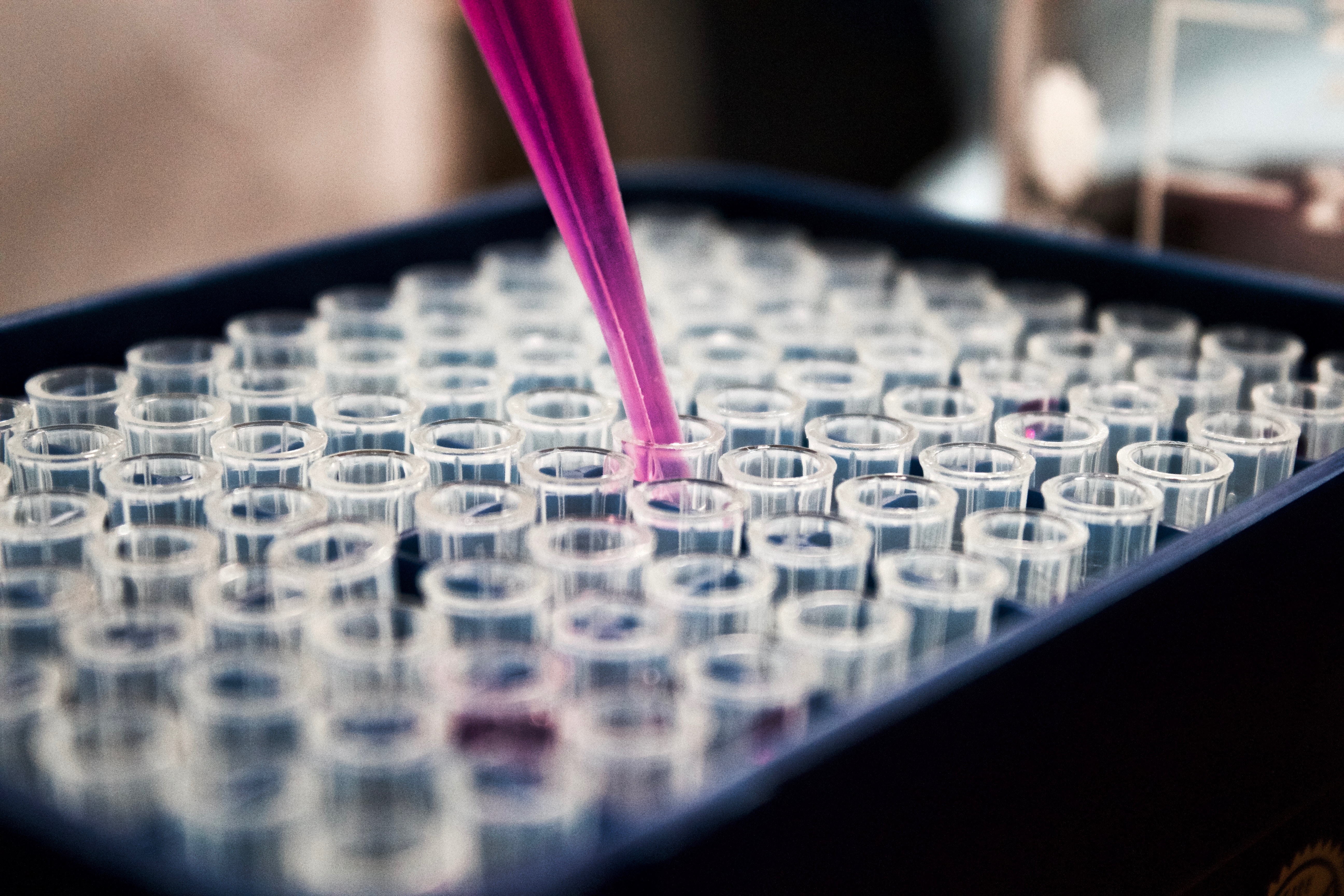The Transformative Power of Diagnostics in Healthcare
24 Oct, 20236 MinutesIn this blog, we explore the pivotal role of diagnostics in modern healthcare. Diagnostics p...

In this blog, we explore the pivotal role of diagnostics in modern healthcare. Diagnostics play a crucial part in early disease detection, enabled precision medicine, bolster economic stability, aid in infectious disease control, and enhance the quality of life for patients with chronic conditions. This blog sheds some light on the transformative power of diagnostics in saving lives, improving public health, and enhancing business outcomes.
1. Early Disease Diagnostics, Detection, and Prevention
Mammograms are instrumental in identifying breast cancer at its earliest stages. According to the American Cancer Society, regular mammograms have led to a remarkable 40% reduction in breast cancer mortality rates since the 1980s. Early detection means better chances of successful treatment.
Mammograms are a crucial diagnostic tool in the field of life sciences, particularly in the realm of breast health. These X-ray examinations of breast tissue serve as a cornerstone in early breast cancer detection, a pivotal aspect of diagnostics within the life sciences. Their ability to identify cancer in its earliest, most treatable stages plays a significant role in improving patient outcomes. Research consistently affirms that routine mammogram screenings reduce breast cancer-related mortality rates, making them an indispensable asset in the field of diagnostics and life sciences.
When breast cancer is identified early through these diagnostic screenings, patients often have access to less invasive treatment options, potentially preserving the breast and mitigating the need for aggressive surgeries. Mammograms are a critical component of diagnostics and life sciences, contributing to early disease detection, better patient care, and ultimately saving lives.
Early disease detection via mammograms offers numerous business benefits. It lowers healthcare costs, promotes a healthier and more productive workforce by enabling prompt treatment, and reduces absenteeism. This aligns with corporate social responsibility, enhancing reputation and appealing to customers and potential employees. Lower insurance premiums and a competitive edge in talent acquisition result from comprehensive healthcare benefits. This holistic approach ensures long-term cost savings and legal compliance while improving overall business performance for organisations within the diagnostic realm.

2. Precision Medicine
Precision medicine in diagnostics is revolutionising the field of life science and healthcare, making a profound impact on today’s society. This innovative approach tailors’ medical decisions and treatments to the individual characteristics of each patient, ensuring more accurate and effective healthcare outcomes.
Diagnostics, a critical component of precision medicine, plays a pivotal role by providing insights into an individual’s genetic, molecular, and clinical profile. These insights enabled healthcare professionals to diagnose diseases at earlier stages and with greater accuracy, such as in the case of lung cancer. By identifying specific genetic mutations or biomarkers associated with lung cancer, clinicians can detect the disease in its early, more treatable stages, greatly improving patient prognosis.
Precision medicine in the life sciences offer a dual benefit, significantly enhancing patient care while simultaneously improving business outcomes in the healthcare sector. By tailoring treatments to individual genetic variations, such as in the case of lung cancer, precision medicine increases treatment efficacy and reduces side effects, ultimately enhancing patients’ quality of life. Simultaneously, businesses in this field can tap into a growing market, reduce research and development costs, optimise drug development, and offer specialised healthcare services, all of which contribute to improved profitability, competitive advantage, and innovative solutions that benefit both patient and the bottom line.
In today’s society, where lung cancer is a significant health concern, precision medicine is a transformative force in diagnostics, promising a brighter healthier future for those affected by this disease.
3. Economic Impact
The field of oncology diagnostics has wielded a profound economic impact on healthcare systems globally, yielding benefits that span beyond improved patient outcomes. Advanced diagnostic tools like liquid biopsies and molecular profiling have revolutionised cancer detection and monitoring, enabling early diagnosis and tailored treatment plans. This shift towards early intervention has significantly reduced the need for expensive, late-stage treatments, resulting in lowered overall healthcare expenditures and enhanced cost-effectiveness in cancer care.
The pharmaceutical industry has reaped rewards from oncology diagnostics. These advancements have facilitated the development of targeted therapies, attracting investments in research and development, thus fostering innovation, job creation and economic growth. Job opportunities span research, specialised healthcare roles, data analysis, laboratory services, healthcare administration, pharmaceutical development, education, and patient support services. Job creation’s extent hinges on the rate of technological progress, healthcare priorities, and overall economic conditions.
An exemplary study led by Queen’s University Belfast underscores the immense economic impact of oncology diagnostics. It reveals precision medicine’s cost-effectiveness, which reduces the exorbitant $4.4 billion average cost of bringing an oncology medicine to market. These savings benefit pharmaceutical companies by lowering their research and development expenditures. Moreover, precision oncology optimises treatment efficacy, reducing the overall healthcare burden and benefiting payers, patients, and the pharmaceutical industry.
In essence, the economic ramifications of diagnostic oncology encompass cost reduction, improved treatment outcomes, and the stimulation of innovation within the healthcare sector and the broader economy. It’s a paradigm that not only transforms healthcare but also drives economic growth and sustainability.

4. Hereditary Cancer Risk Management and Diagnostics
Diagnostics play a pivotal role in identifying and managing hereditary cancer risks, offering individuals and families a powerful tool for proactive healthcare. By harnessing the capabilities of diagnostic testing, individuals with a family history of hereditary cancer gene mutations can gain valuable insights into their genetic predisposition, allowing for early intervention and personalised risk management strategies.
One of the most significant ways diagnostics contributes to addressing hereditary cancer is through genetic testing. When an individual undergoes genetic testing, it can reveal whether they carry specific cancer-related gene mutations that are known to be hereditary. This information is invaluable in assessing one’s cancer risk and tailoring a proactive healthcare plan. For instance, if a BRCA1 or BRCA2 gene mutation is identified, individuals can take proactive measures, such as increased surveillance and screenings, which can lead to the early detection of cancer if it does develop.
Moreover, genetic testing enabled healthcare providers to offer personalised recommendations based on an individual’s specific genetic profile. This tailored approach to healthcare empowers patients to make informed decisions about risk-reducing strategies, including preventive surgeries or the use of targeted therapies when cancer risk is heightened. These interventions are guided by diagnostic insights, ensuring that the right individuals receive the right care at the right time.
In addition to individual benefits, diagnostics also have profound implications for families with a history of hereditary cancer. When a genetic mutation is identified in one family member, it raises awareness among relatives about their potential risk. Diagnostic findings can prompt family members to consider genetic testing, providing them with the opportunity to understand and address their own cancer risk. This cascade effect can lead to early detection and intervention across generations, ultimately reducing the overall burden of hereditary cancer within family.
Furthermore, diagnostic advances in hereditary cancer risk assessment contribute to ongoing research and the development of targeted therapies. By identifying individuals at higher risk due to specific gene mutations, researchers can gather data that informs the creation of novel treatments and preventive measures. These breakthroughs not only improve the outlook for those with hereditary cancer but also hold promise for the broader field of oncology, sparking excitement among organisations to expand in this ever-growing sector.

Final Thoughts
In conclusion, diagnostics have reshaped healthcare profoundly, offering early disease detection, precision medicine, economic stability, and improved quality of life. Some of the top jobs in this field include Clinical Laboratory Scientists, Medical Laboratory Technicians, Clinical Data Analysts, Infectious Disease Specialists etc, all roles that we are extremely familiar with. If this is a realm that interests you, or you are already a part of and want to expand your horizons, get in touch with Hartmann Young today for a confidential discussion regarding your next move!
Hartmann Young: Your Partner in Diagnostics Recruitment
At Hartmann Young, we specialise in connecting talented individuals with exciting career opportunities in the life science space. Our extensive network within the Diagnostics sector and deep industry knowledge allows us to match candidates with positions that align with their skills and aspirations.
